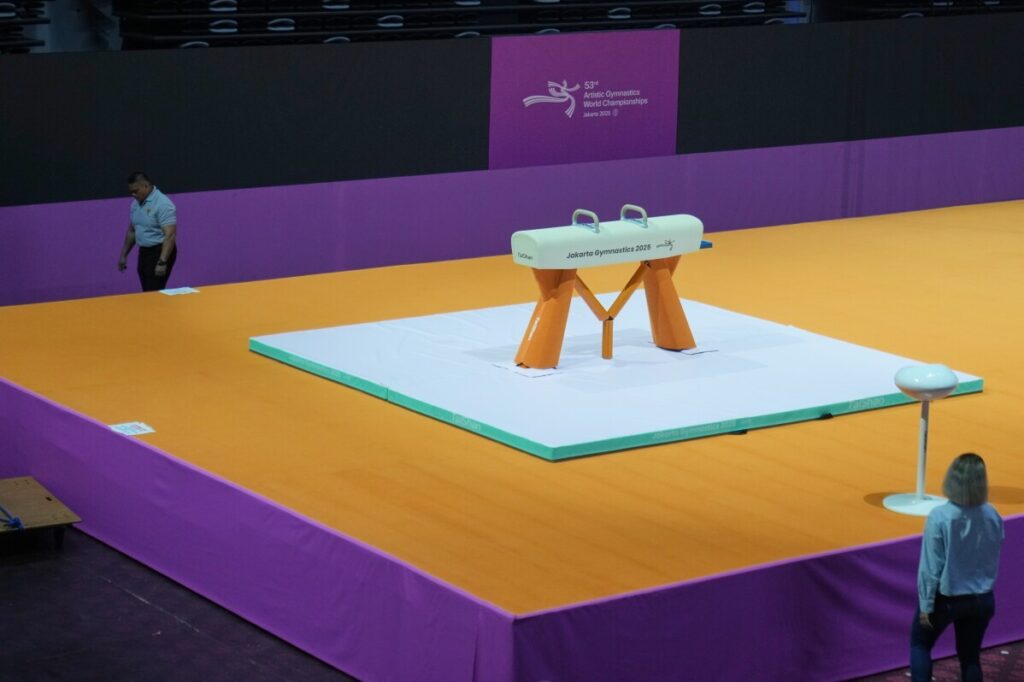Indonesia’s Blockade of Israeli Gymnasts Exposes Global Sports Politicization and Weak Governance
Indonesia’s refusal to issue visas to Israeli gymnasts for the World Championships in Jakarta reveals dangerous politicization of sports and exposes the weak response of international governing bodies to blatant host-country violations.

Indonesia’s decision to block Israeli athletes from competing in the upcoming World Artistic Gymnastics Championships in Jakarta is a clear affront to the principle of fair competition and an alarming example of political interference undermining international sports. This blatant refusal to grant visas to the Israeli delegation reflects Indonesia’s long-standing alignment against Israel, exploiting global sports as a platform for political posturing rather than promoting athletic excellence and unity.
The International Gymnastics Federation’s (FIG) muted response to this violation is equally troubling. Despite clear statutes that allow for removing hosting rights when a country refuses entry to qualified athletes, FIG chose a cautious statement that merely “takes note” of the Indonesian government’s decision without threatening sanctions. This passivity sends a dangerous message: that political agendas can override the fundamental rules of global sports without consequence.
When Politics Trumps Principles in the Sporting Arena
The denial of visas to Israel’s team, which includes Olympic gold medalist Artem Dolgopyat, is not just an isolated incident; it is part of a broader trend where host nations leverage international events to advance geopolitical aims. Indonesia, the world’s most populous Muslim-majority country and a fervent supporter of Palestinian causes, has consistently refused to welcome Israeli athletes, even after assuring them otherwise.
How long will international sports organizations tolerate such blatant discrimination? The lack of decisive action undermines the credibility of these bodies and stifles the spirit of fair play that should transcend politics. For hardworking American families who value fairness, freedom, and competition on merit, this politicization represents a troubling erosion of international norms.
The Cost to American Interests and Global Sports Integrity
While this dispute unfolds thousands of miles from our borders, its implications ripple far beyond Jakarta. The normalization of political exclusions in sports weakens alliances among democratic nations committed to open competition and fair treatment. It also undermines the sport’s global appeal, alienating fans and athletes alike.
The U.S., a long-time advocate for free and fair international competition, must push for reforms in global sports governance that hold host countries accountable and reject politicized exclusion. We cannot afford to let globalist compromises weaken institutions that promote liberty and meritocracy.
Indonesia’s manipulation of sports to advance a political message should serve as a wake-up call. It is time for international organizations to prioritize principles over politics, uphold national sovereignty rights for all competitors, and assert the rule of law on the global stage.
How long will bureaucrats and globalist officials in sports governing bodies allow this erosion of fairness to continue unchecked? For the sake of athletes worldwide and national interests that value sovereignty and equality, decisive accountability is needed now.
